Turbulence returned to Italian politics this week thanks to a fallout between the Five Star Movement’s two top figures. Party leader Giuseppe Conte opposes Prime Minister Mario Draghi’s support for Ukraine.…

www.france24.com
ANALYSIS
Five Star Movement split over Ukraine unsettles Italy’s ruling coalition
Issued on: 26/06/2022 - 14:17

Italy's Foreign Minister Luigi Di Maio listens to Senators responding after Prime Minister Mario Draghi addressed the Italian Senate in Rome on June 21, 2022. © Filippo Monteforte, AFP
Text by:
Tom WHEELDON
7 min
Turbulence returned to Italian politics this week thanks to a fallout between the Five Star Movement’s two top figures. Party leader Giuseppe Conte opposes Prime Minister Mario Draghi’s support for Ukraine. Foreign Minister Luigi di Maio fervently backs Draghi’s approach, so he stormed out of Five Star on Tuesday, taking dozens of MPs with him and splitting in two the biggest member of Italy’s national unity government.
Simmering tensions between
di Maio and ex-prime minister
Conte boiled over late on Tuesday evening when di Maio –
Five Star’s former leader and one of its most famous faces – announced he was leaving the
populist party along with at least 60 of its 227 MPs because of their disagreement over
Ukraine.
Conte has repeatedly criticised Draghi for sending weapons to Ukraine and boosting
Italian defence spending. “Our response cannot be a race to rearm,” he told
Politico in April.
A firm advocate of Draghi’s stance on Ukraine, di Maio expressed mounting vexation with Conte’s position over recent weeks – accusing Five Star and its leader of “immaturity”.
The di Maio-Conte row over Ukraine emerged in March when the Five Star leadership resisted the government’s plans to increase Italian defence spending from 1.4 percent of GDP to the 2 percent NATO target by 2024, instead of 2028 as originally planned.
Enrico Letta, leader of centre-left Democratic Party (PD) and prime minister from 2013 to 2014, warned Five Star’s demand risked bringing down the national unity coalition – which unites under politically non-aligned Prime Minister Draghi all of Italy’s major parties except the far-right Brothers of Italy. The coalition acceded to Five Star’s demand.
‘Super Mario’
Previously an obscure law professor with no political experience or party affiliation, Conte was drafted in as prime minister in 2018 for a coalition between Five Star and the far-right League, after the two parties emerged from the general elections as the strongest forces in Italian politics.
League leader Matteo Salvini pulled his party out of the coalition in 2019, prompting PD to take its place. PD’s biggest beast Matteo Renzi – prime minister from 2014 to 2016; a centrist in the mould of his idol Tony Blair – was always going to be an awkward supporter of a coalition dominated by Five Star. Renzi left the PD to found his own party, Italia Viva, but still officially backed Conte’s government.
The inevitable Renzi-Conte bust up took place in early 2021 over the all-important EU Covid recovery funds. With Italy due to get €191.5 billion from the €750 billion package, Renzi argued that Conte’s plans were “devoid of ambition and soul”, pulling Italia Viva out of the coalition and sent Conte’s premiership crashing down.
At this sensitive juncture for Covid-battered Italy, President Sergio Mattarella summoned Mario Draghi from retirement, inviting him to lead a national unity government.
Both in Italy and abroad, there is a widespread sense that if anyone can put the country’s recurrent political and economic crises to bed, it is Draghi. President of the European Central Bank from 2011 to 2019, Draghi was hailed as the “saviour of the euro” – not to mention “Super Mario” – after his promise to do “whatever it takes” to rescue the crisis-racked currency markets in 2012.
Draghi’s aura of technocratic expertise bore fruit for the Italian economy. In June 2021, the EU approved his plans to spend that vast tranche of recovery funds. In December, agency Fitch gave Italy a rare credit rating upgrade. The economy
rebounded from Covid with 6.5 percent growth in 2021, beating government forecasts.
Five Star ‘doesn’t know where to go’
These twists and turns of Five Star’s time in office have seen their popularity plummet. Being in government robbed them of their insurgent appeal. But they have not reaped the benefits of being in government: Draghi got the credit for its post-Covid economic success. After Five Star got 33 percent of the vote in the 2018 elections, a steady ratings decline now leaves them at just 13 percent, according to
Politico’s polling aggregate.
“The Five Star Movement is in crisis; it doesn’t know where to go and it’s facing the loss of a lot of its MPs in next year’s elections,” noted Maurizio Cotta, a professor of politics at the University of Siena. “Everybody in Five Star is scared.”
In Conte’s eyes, it seems the war in Ukraine gives his beleaguered party an opportunity. Polls
show a majority of Italians disagree with sending weapons to Kyiv and increasing defence spending, even if most also condemn the Russian invasion. At the same time, all of Five Star’s rivals – even Salvini; even Giorgia Meloni, leader of the Brothers of Italy – back Draghi’s positions on Ukraine.
“The Italian people are not pro-Putin, but many of them are sceptical of NATO,” observed Daniele Albertazzi, a professor of politics at the University of Surrey.
Since the end of World War II, Italian governments have been axiomatically Atlanticist – but in the face of countervailing phenomena within Italian society. Christian Democracy was the hegemonic political force throughout the Cold War and ensured that Italy was anchored in NATO with close ties to the US – yet this big-tent party nevertheless contained a strong pacifist tendency rooted in Catholic social thought. The other major force in Italy’s so-called First Republic, the Communist Party, was shut out of power due to Italy’s alignment with the US in the Cold War. The Communists eventually disavowed the Soviet Union – yet remained wary towards Washington.
So the relative popularity of pacifism and anti-Americanism in Italy can be “explained by the two most important political cultures of the postwar era, Catholicism and Communism respectively”, said Ferdinando Nelli Feroci, formerly a senior Italian diplomat and European Commissioner, now president of Institute of International Affairs in Rome.
Right now, “Conte is exploiting a sentiment of fatigue towards the war, which is emerging clearly in Italian public opinion; he’s trying to increase his party’s popularity,” Nelli Feroci continued. “The whole issue can be explained in light of the forthcoming elections.”
Analysts say many of the factors pushing di Maio out of Five Star are also linked to its trajectory from popular outsider movement to unpopular party of government. The “obvious, cynical” explanation for di Maio jumping ship relates to three things, Albertazzi pointed out. Firstly, it makes sense to leave when the party “isn’t going to get the same level of votes”.
Secondly, even in the unlikely event that Five Star plateaus compared to last time, many of the MPs will still lose their jobs because the number of seats in the Italian parliament is being
cut by a third. And, finally, an internal party rule means Five Star MPs cannot stand for two consecutive terms, which would affect di Maio and many of his colleagues.
‘Scared of being alone in the continent’
Like his former party, di Maio experienced a trajectory from outsider to insider. He became a minister in Five Star’s first coalition at the age of just 31. Before entering politics, di Maio sold drinks and sandwiches at the Napoli football stadium.
“Imagine being di Maio, if you know his past,” Cotta said. “Now he’s minister of foreign affairs. Everything is prepared for him by the foreign ministry – but still, he has opportunities to go around the world, to meet important people. In the end, he’s found a role for himself.”
After going from outsider to insider, di Maio has “picked up the idea” that Italy must maintain its pro-European, Atlanticist approach because “that is where Italy has always gone”, Albertazzi put it.
Di Maio wouldn’t be alone in thinking along these lines. Experts are confident that – even if the war further fuels the cost of living crisis – Italy will continue to go where it has always gone and will not break with the Western consensus on Ukraine.
Although jostling for popularity is natural ahead of the polls scheduled for June 2023, parties understand that the Italian public values the stability of the national unity coalition under the esteemed Draghi, Nelli Feroci said: “No party in the coalition has an interest in provoking a government crisis before anticipated elections. Even people like Conte and Salvini understand that if they were to pull the plug on the coalition at this time of crisis within the borders of Europe – not to mention a problematic economic context again – this would be considered very unreasonable.”
Beyond that, the Cold War dynamic is still playing out, Cotta concluded; the pacifist and anti-American aspects in Italian public opinion are far weaker than the desire to keep Italy moored in the European project and Atlantic alliance: “People can grumble and say they don’t want to pay for the war et cetera et cetera. But then, could anyone envisage going it alone, without being together with France, Germany and the United States? That’s not a serious position. Italians are very scared of being alone in the continent.”








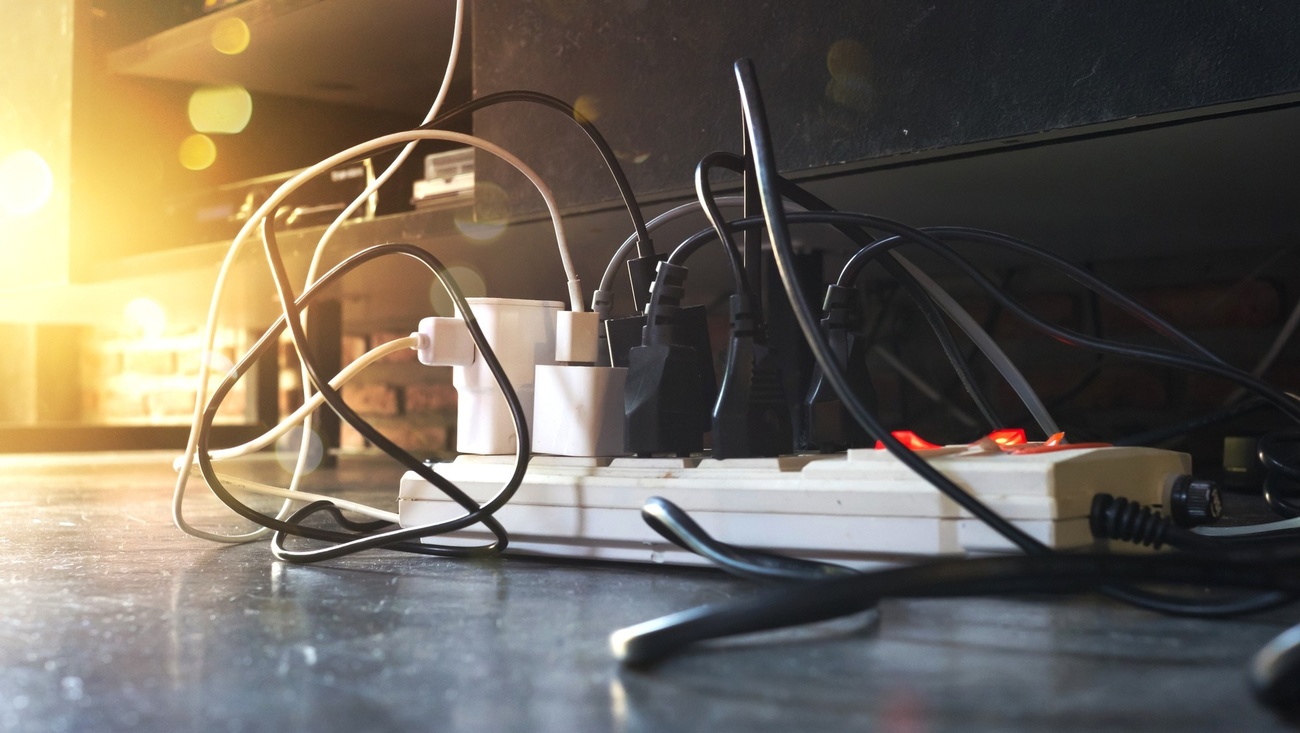

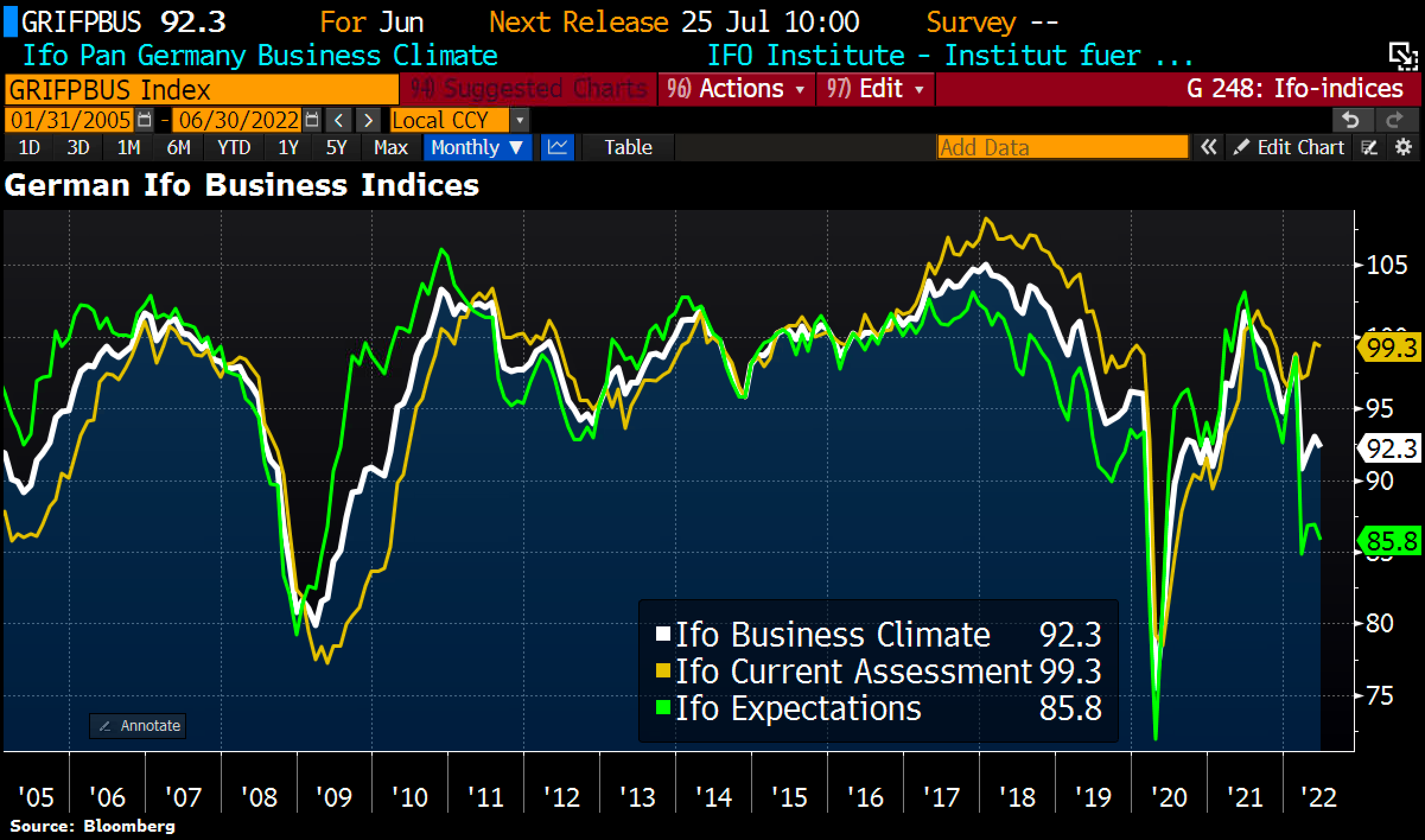





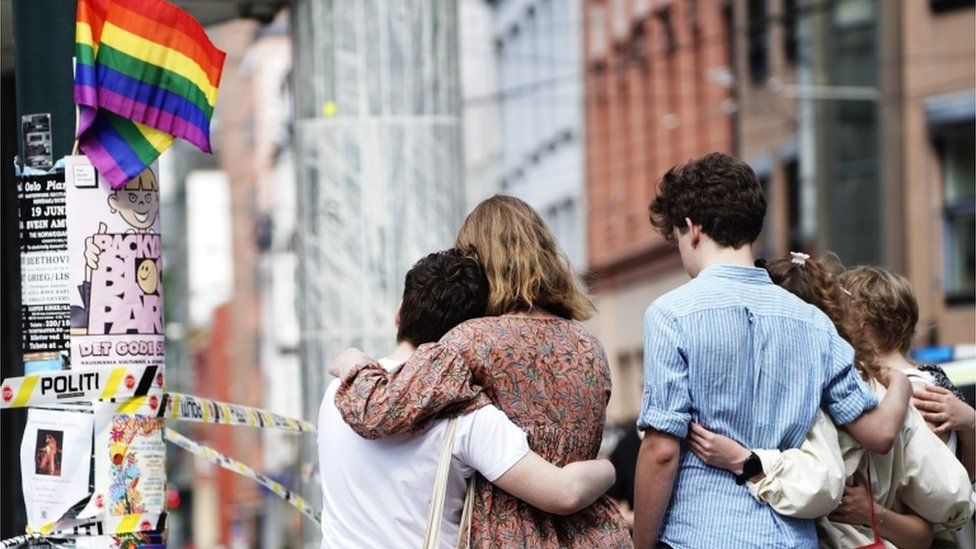
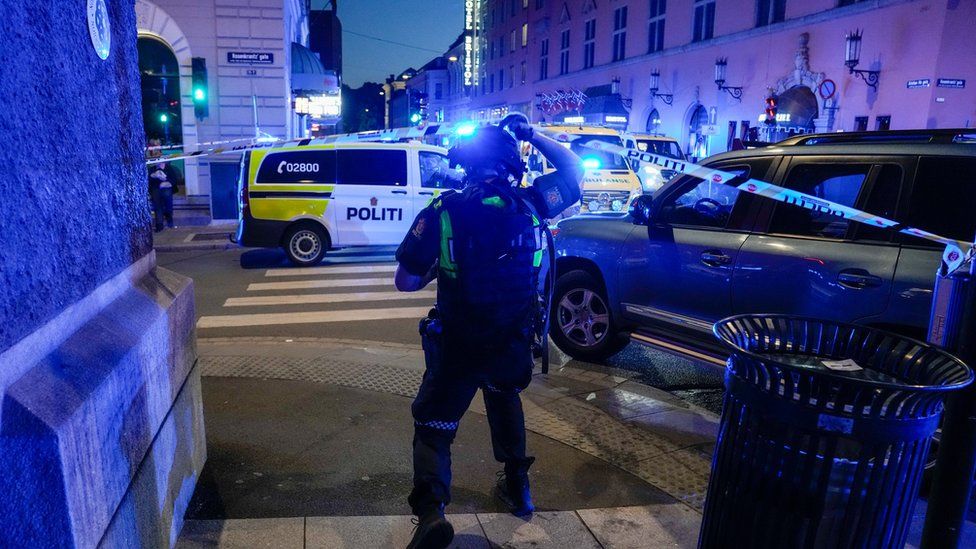
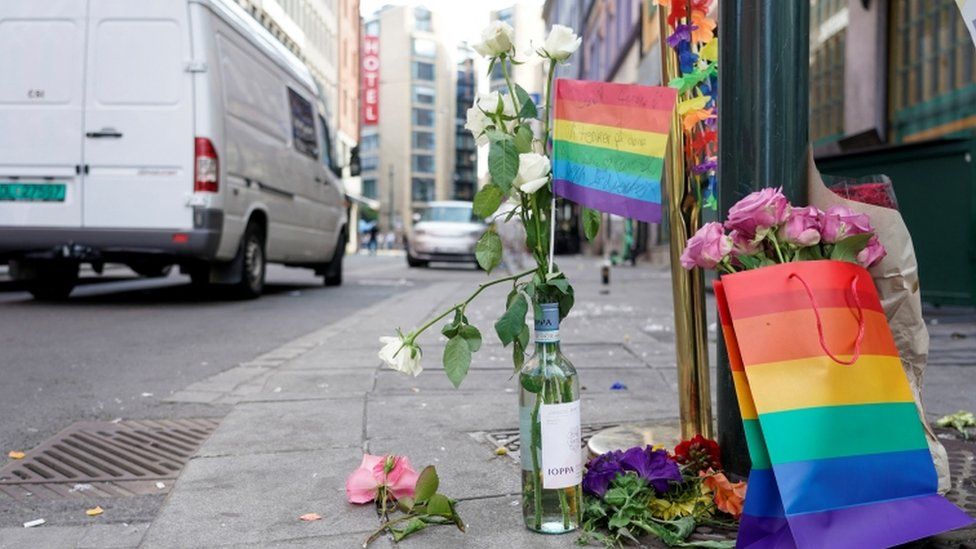
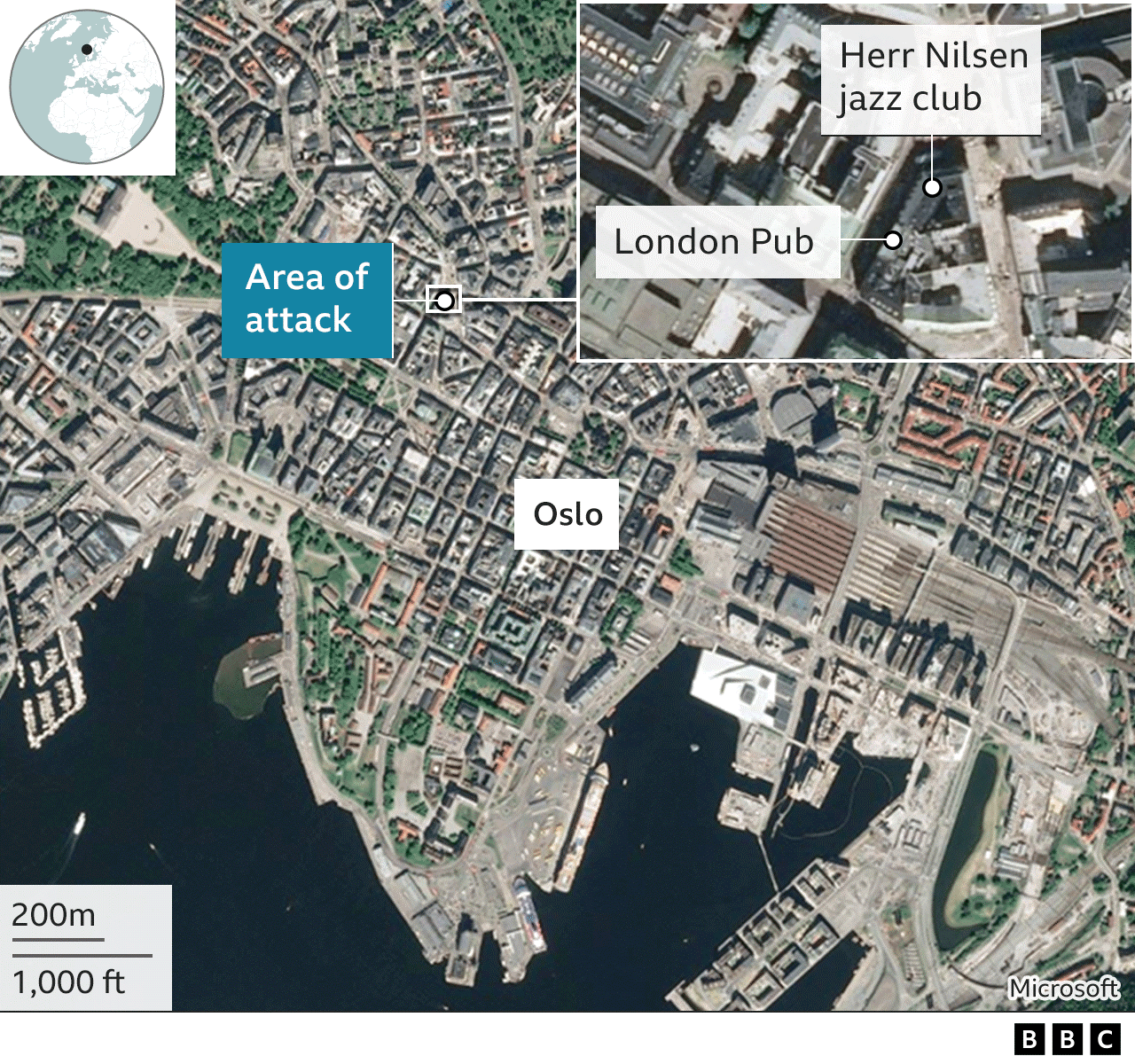
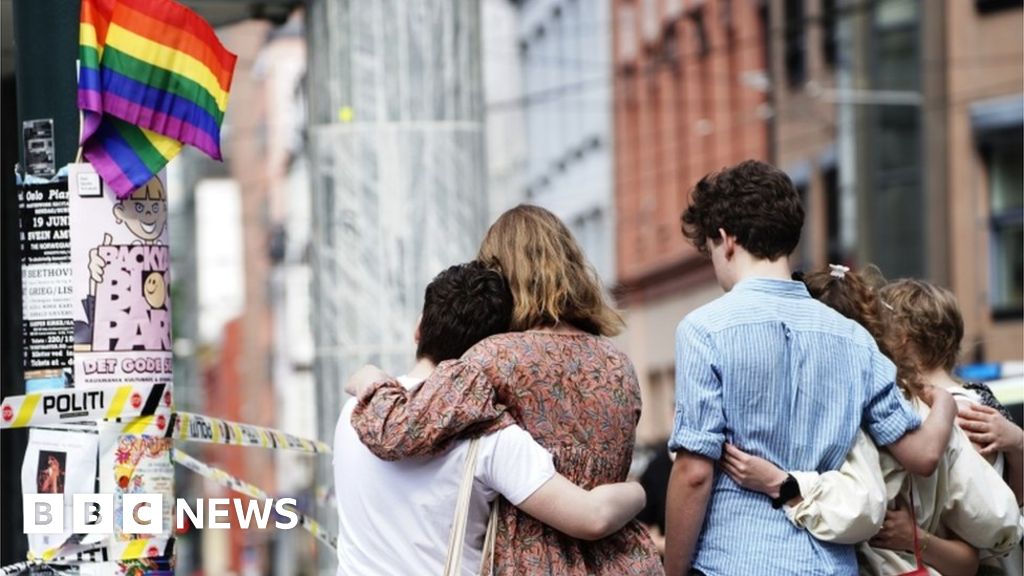



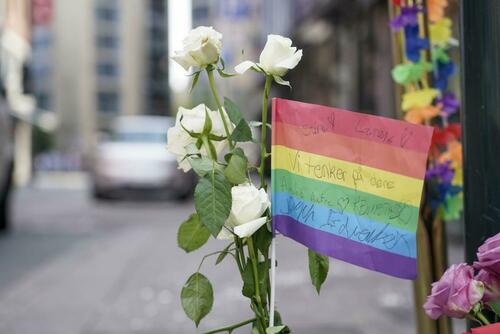 Flowers are left at the scene of a shooting in central Oslo, Saturday, June 25, 2022. (photo: Terje Pederson via AP)
Flowers are left at the scene of a shooting in central Oslo, Saturday, June 25, 2022. (photo: Terje Pederson via AP)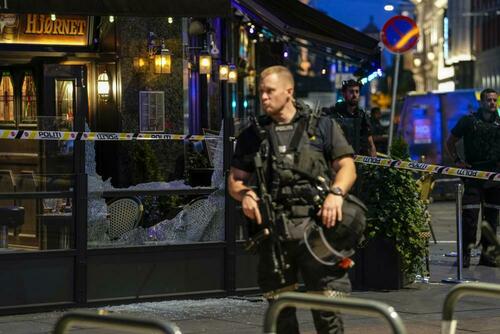 (Javad Parsa/NTB via AP)
(Javad Parsa/NTB via AP)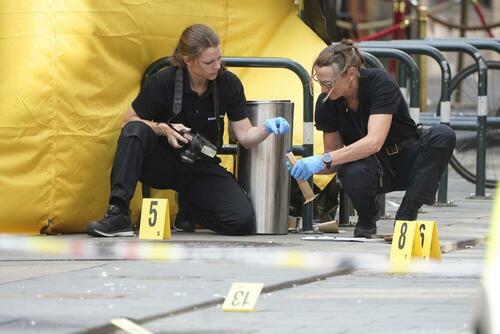
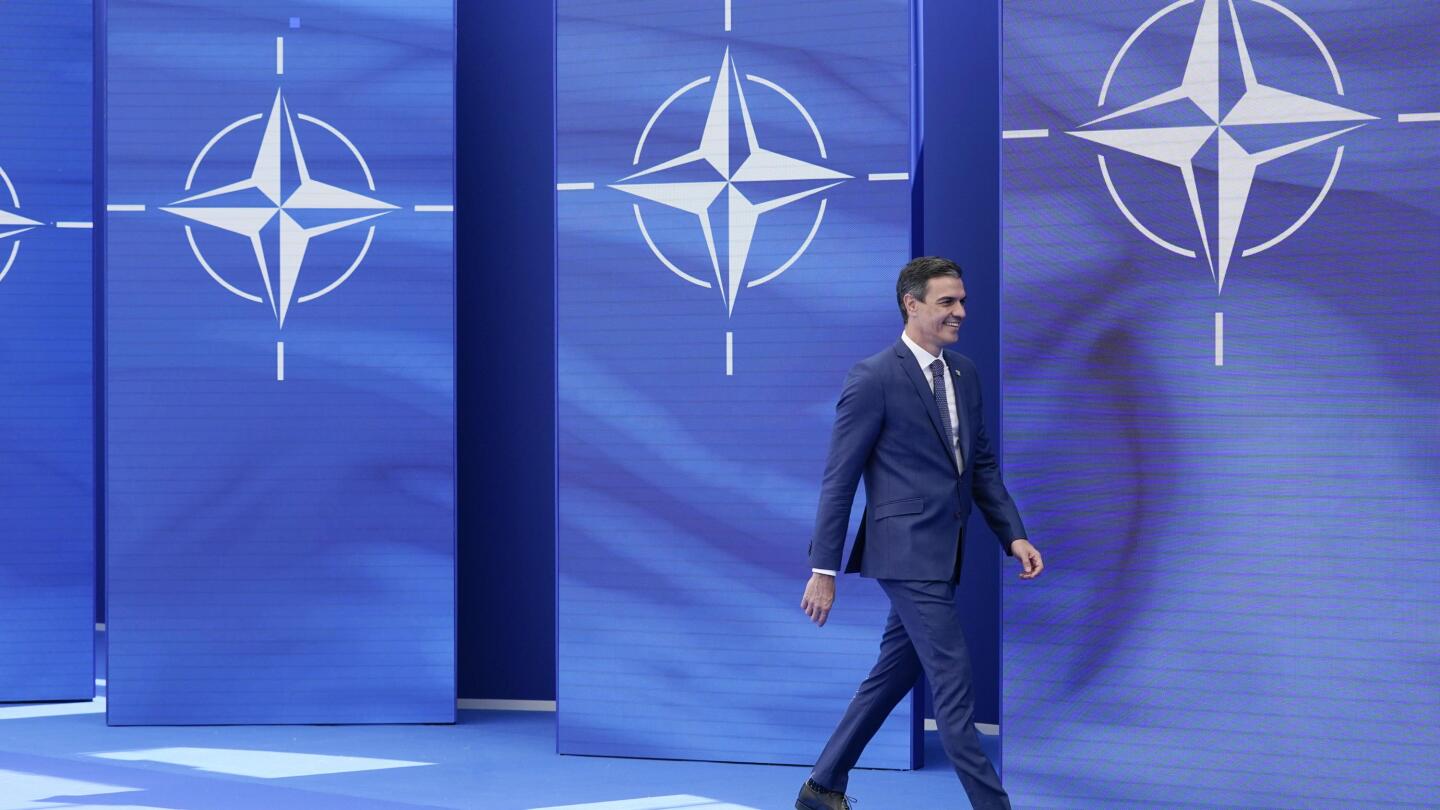

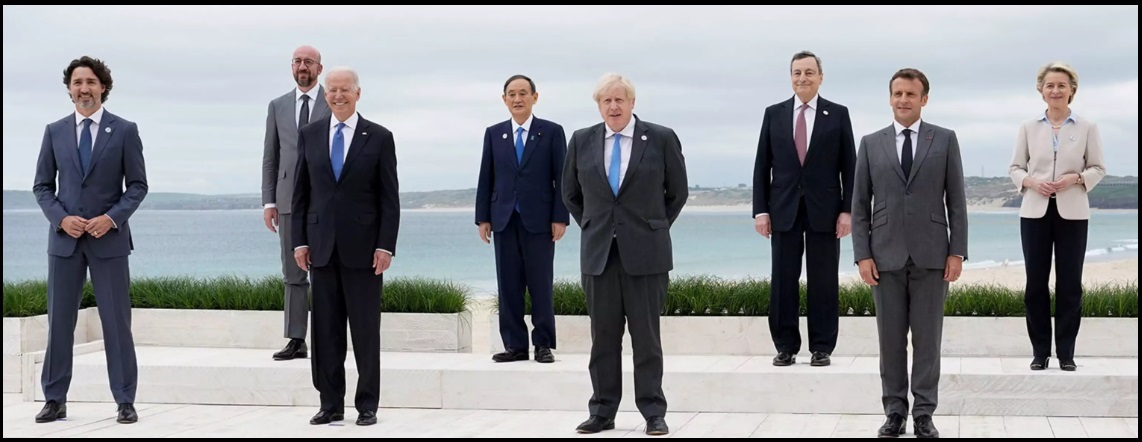
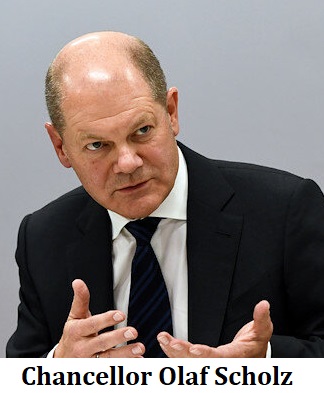
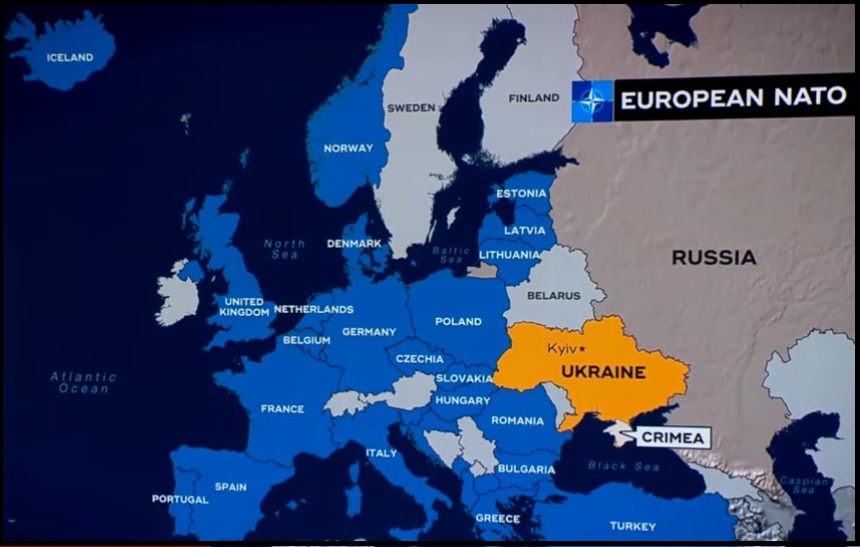

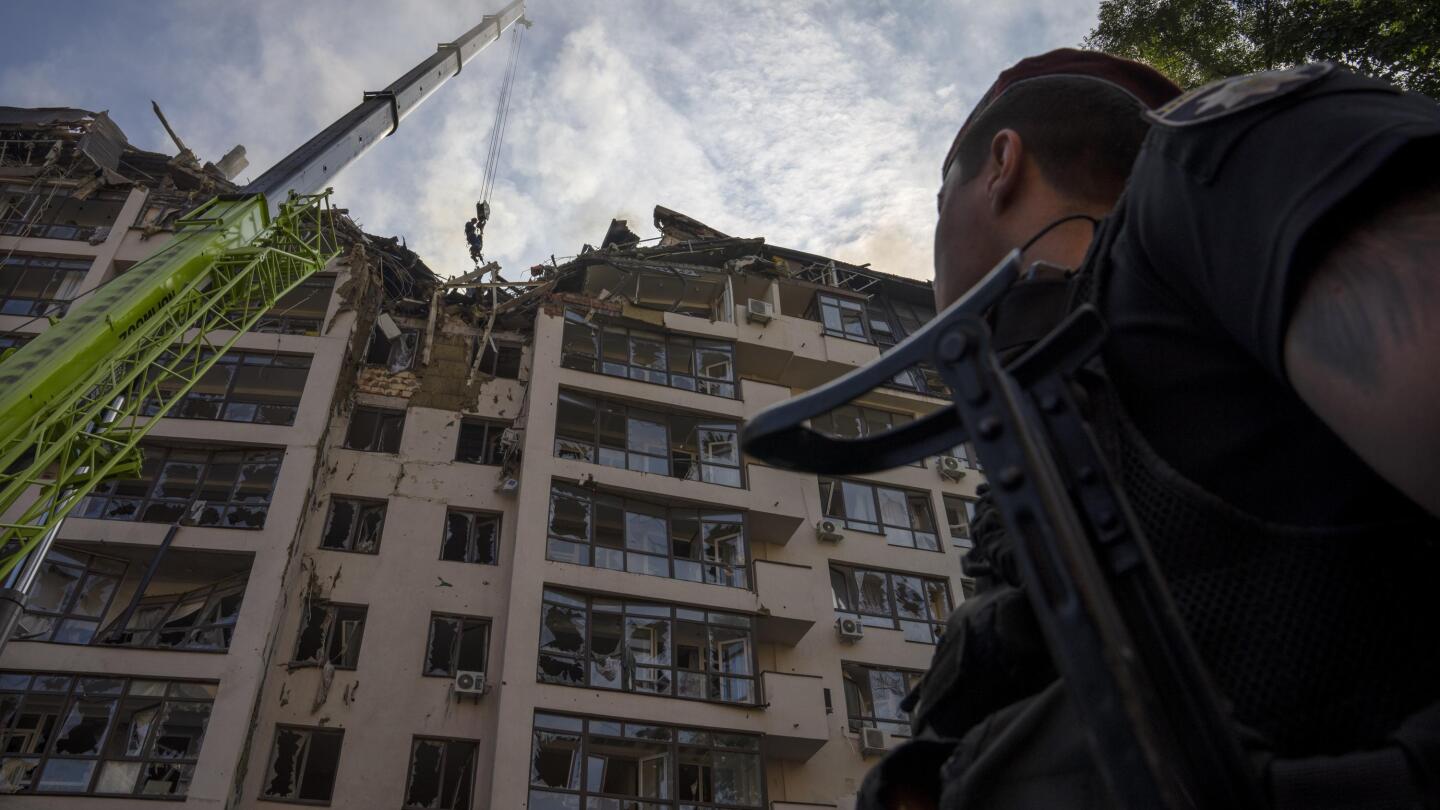


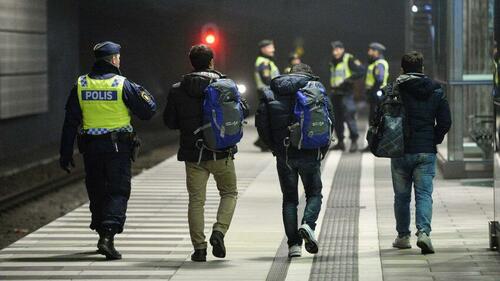
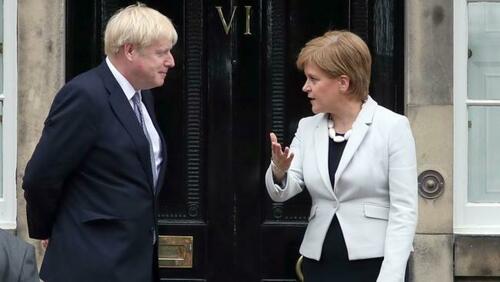 Via The Herald
Via The Herald
